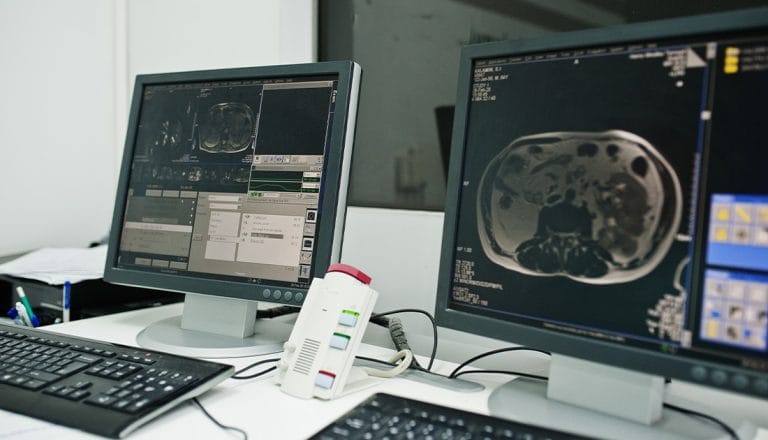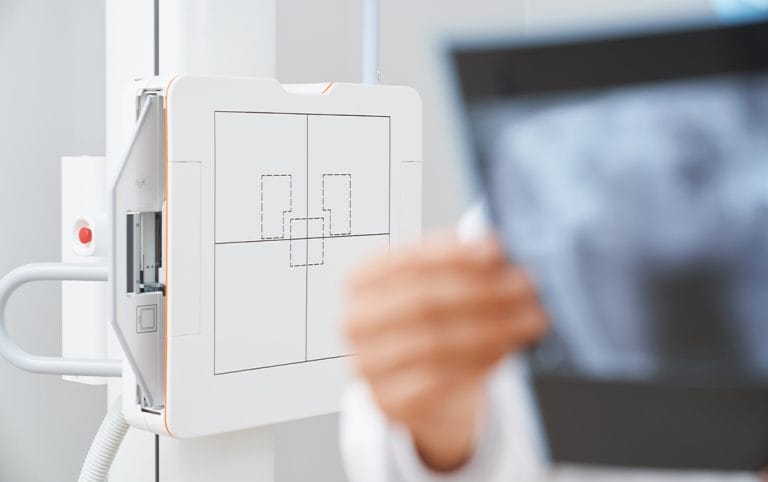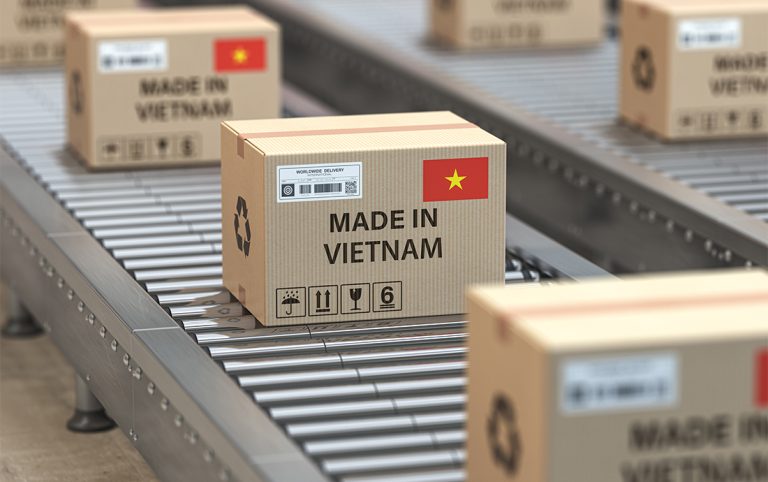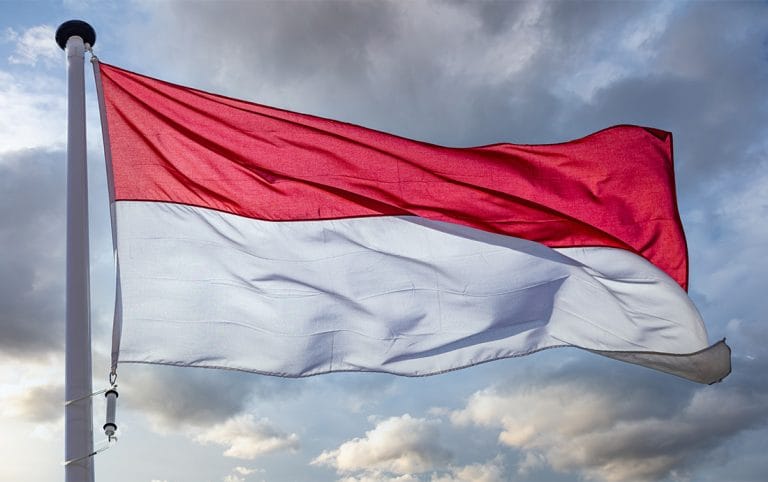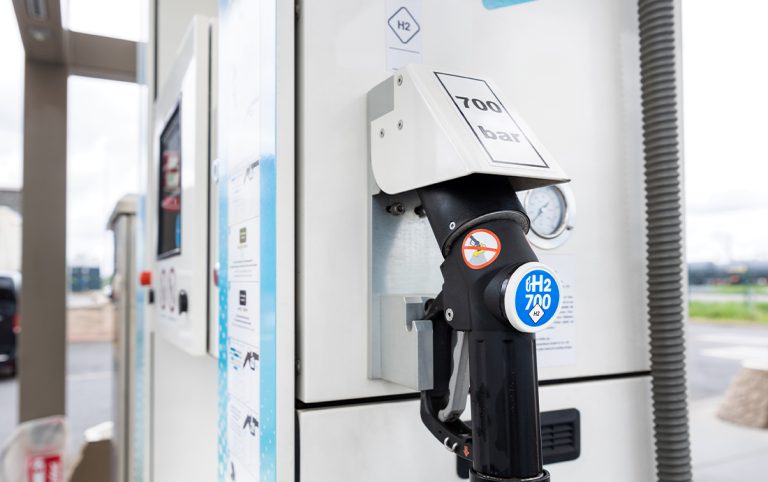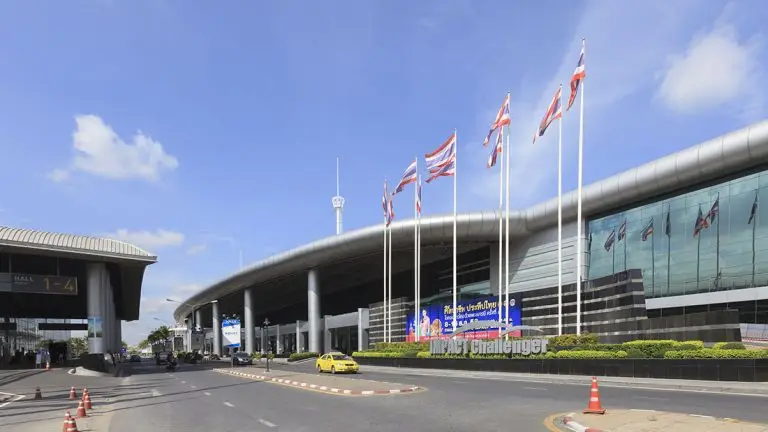- The value of the Indonesian digital health industry could surpass USD900 billion in 2026
- Opportunities in the sector include telemedicine, data storage and security, silver solutions and AI
- Several foreign digital health firms have successfully entered the market, but many opportunities remain
The COVID-19 pandemic ushered in a wave of changes. For the Indonesian digital health industry, it served as a catalyst for increased adoption. This trend has continued post-pandemic with the government seeking to further develop the sector as part of its efforts to enhance the availability, quality and accuracy of care provided while reducing costs. Asian Insiders’ partner in Indonesia, Primadi Soerjosoemanto, provides a market overview and explains where opportunities for overseas businesses exist.
The digital sector is expected to account for as much as ten percent of Indonesia’s GDP in 2025. Much of the focus has been on e-commerce, which is responsible for more than 70 percent of this total. However, other segments have recorded substantial growth over the past decade, including the Indonesian healthtech industry.
Current projections for the Indonesian digital health market from Global Market Insights indicate that its value will surpass USD900 billion next year. For comparison, the industry’s value in 2019 was USD148 billion. Industry revenue compound annual growth rate (CAGR) estimates vary, but the floor in most cases for the next five years is seven percent.
Telemedicine quickly became the star of Indonesia’s healthtech sector during the pandemic, and it will remain a critical component of medical services moving forward. CAGR projections for the remainder of the decade exceed 28 percent.
Examining the broader landscape, there are more than 600 digital health companies in Indonesia. During the pandemic, a considerable number of startups emerged on the scene, but this number has subsided over the past two years. Indonesian healthtech firms have attracted roughly USD230 million in funding over the past eight years.
Understanding growth
Several factors are driving the growth of the Indonesian digital health industry. Notably, the national health insurance scheme, Jaminan Kesehatan Nasional (JKN), has created an urgent need for solutions that improve coverage and efficiency while reducing costs. JKN now covers more than 90 percent of the population.
One of the country’s biggest challenges is improving access to doctors for its rural population. Indonesia has roughly one doctor per 5,000 people which is significantly worse than the World Health Organization’s recommended ratio of one doctor per 600 people. The issue is most pressing in remote locations, although advances in telemedicine have improved the situation.
Adoption has been aided by increasing internet and smartphone penetration across the country. As this continues to grow, so too will the need for related services and technologies focused on data, security, patient access, and many other areas.
Clearer guidelines for the Indonesian digital health industry
The enactment of the Omnibus Health Law ushered in a raft of changes to healthcare regulations in the country. Among the most notable were clarifications to medical or clinical services delivered through technology or electronic platforms. Temporary policies were put in place during the pandemic, but there was a need for long-term clarity which has now been provided.
In terms of technology, the new law primarily covers telemedicine activities, including outlining who may perform these services and the data protection measures that must be implemented. The law also created general provisions on the scope of utilisation, acquisition, storage and management of biomedical technology.
The Omnibus Health Law reformed 11 existing health laws in total, spanning a wide range of areas. Many have or will be supplemented by additional provisions.
AI shapes digital health in Indonesia
Investment in artificial intelligence (AI) continues to increase as the country seeks to enhance care by improving the accuracy of detection and diagnosis. Given Indonesia’s size and volume of data available, the impact it can have is huge.
This is one of the reasons the government launched SATUSEHAT in 2022. The national health data integration platform’s first focus was to consolidate information across public and private providers. Now, there are widespread opportunities for AI to enhance predictive capabilities, improve real-time care and tackle major diseases.
In the second half of 2025, several notable digital health AI initiatives, featuring both domestic and international bodies, were launched. Multipolar, an Indonesian IT firm, Pelita Harapan University and Tsinghua University in China signed off on a partnership designed to accelerate the utilisation of AI across the health ecosystem.
Meanwhile, Australia’s Commonwealth Scientific and Industrial Research Organisation and National Research and Innovation Agency (BRIN) are collaborating with Indonesia’s Universitas Mataram to support the delivery of healthcare in rural areas through AI-led digital integration.
For overseas firms, the key is having technology that can be integrated with SATUSEHAT as well as meeting the Personal Data Protection Act and AI ethics guidelines. Healthcare-related AI solutions could potentially contribute upwards of USD500 million to Indonesia’s economy by 2030.
Indonesian digital health industry opportunities
In addition to AI, several other investment opportunities are available in the Indonesian digital health industry.
Telemedicine – While telemedicine is the largest digital health segment in Indonesia, significant opportunities remain. In fact, researchers from Universitas Indonesia found that approximately 58 percent of Indonesia’s population of more than 284 million remained unaware of telemedicine.
It is also important to note that nearly 60 percent of the country’s population resides in rural areas where access to doctors is limited. Improving telemedicine remains a priority alongside shoulder areas such as remote monitoring and security.
Data management – The rise of digital health in Indonesia has not carried over when it comes to data. Simply put, different hospitals have created different systems which make it troublesome to share records or organise care. Firms with local expertise in platforms capable of secure sharing and record keeping will be able to find opportunities in the country.
Silver solutions – Indonesia has more than 29 million individuals over the age of 60, and the number is projected to swell to 74 million by 2050, according to Indonesia’s National Socioeconomic Survey. Digital solutions targeting this demographic are increasingly in demand.
Can foreign companies find success?
Indonesia has a reputation for being a challenging market to enter, but a desire to innovate and support industry growth has created favourable conditions for foreign companies. Opportunities are not limited to a single segment or approach.
Medtronic and GE HealthCare have found success in the medical devices sector. While both are large companies with a wide reach, they demonstrate the potential for exporting technology to Indonesia.
Local partnerships are another potential strategy for overseas firms considering market entrance. South Korean healthtech company Kakao Healthcare formed a strategic partnership with Universitas Indonesia Hospital that allowed for the localisation and implementation of the former’s AI-powered diabetes management app.
Elsewhere, Singapore’s SPACE and Primaya Hospital Group reached an agreement that will see SPACE’s congestive heart failure monitoring technology used in select facilities. In 2024, Australian software provider Five Faces and Indonesian firm Privy teamed up to create a system capable of collecting authenticated signatures for medical and financial consent forms.
For organisations considering Indonesia, it is essential to understand that there is no single path to successful entry. Understanding the market and local requirements is vital before making a decision.
Final thoughts
There are numerous opportunities in the Indonesian digital health industry for foreign companies to explore. However, unlocking these requires patience and a deep understanding of the sector. That is why working with a specialist, such as Asian Insiders, is invaluable.
With robust in-country experience assisting digital health companies, our team of experts ensures you understand the available options for entry, connect with the best possible partners, and can hit the ground running.
Want to know more about opportunities in the Indonesian digital health industry? Please get in touch with Primadi Soerjosoemanto, Indonesia Partner: primadi.ws(at)asianinsiders.com or Jari Hietala, Managing Partner: jari.hietala(at)asianinsiders.com.

























